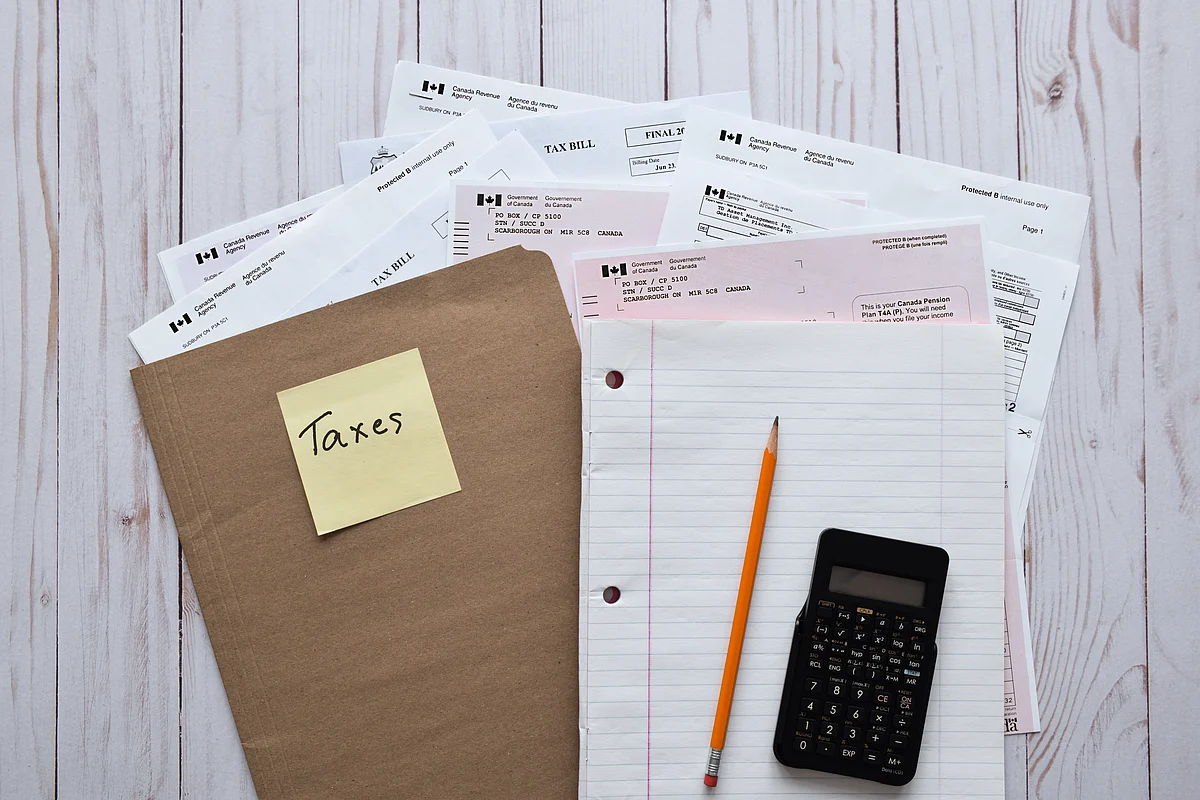The revised Bill is expected to incorporate the majority of the 285 recommendations made by the Select Committee, including significant proposals related to Anonymous donations exclusively to purely religious trusts—those also running social services such as schools or hospitals will no longer qualify. In a move to ease compliance, the government may allow taxpayers to claim TDS refunds even after the ITR filing deadline, without facing penalties.
The Bill also proposes safeguards for fairer assessments, requiring tax officials to issue notices and consider taxpayer responses before initiating any action. Emphasizing a digital-first approach, the new framework will promote automation and faceless processes to enhance convenience and reduce the scope for corruption.
Additionally, the Bill aims to simplify legal language, replacing the complex terminology of the 1961 Act with clearer, more accessible wording for better public understanding.
The new version of the Income-tax Bill, 2025 is expected to be introduced in the Lok Sabha by FM at 12 PM on Monday. This new draft aims to replace the existing Income-tax Act, 1961, with a more modern, simplified, and litigation-resistant direct tax code.
This legislative reset represents one of the most ambitious tax reforms in recent decades. While the withdrawal of the earlier Bill may seem like a step back, it is actually part of a deliberate process to ensure that the final legislation reflects broad consensus, includes critical feedback, and is structured for long-term stability.


